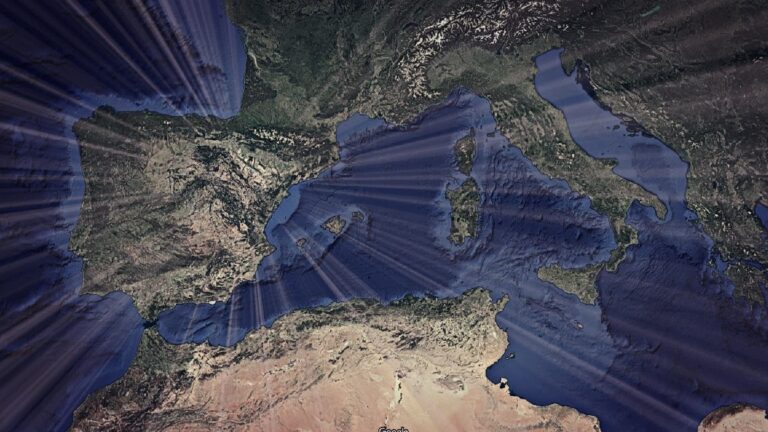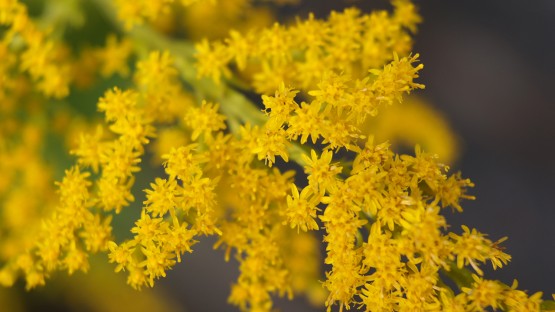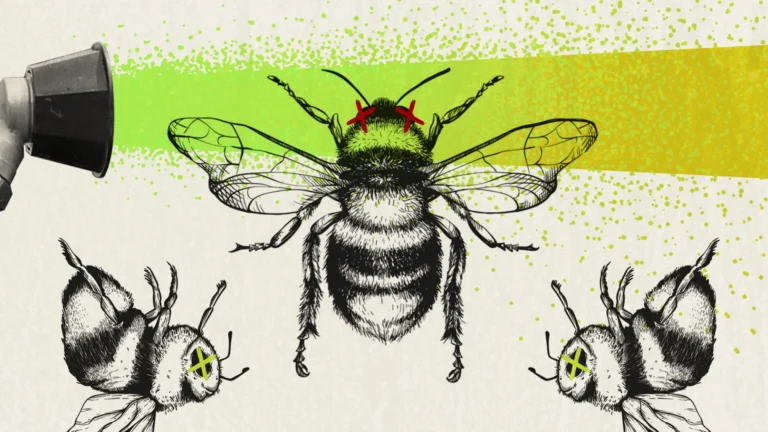New Tool Uses Satellite Data to Combat Olive Fruit Fly
Researchers at a recent conference in Italy presented a tool that integrates satellite data to combat and prevent olive fruit fly infestations in the face of climate change. The tool combines satellite observations, biological modeling, and open-source geographic information to provide strategic analysis in agricultural management and inform policymakers on reshaping pest control strategies. The project, funded…




